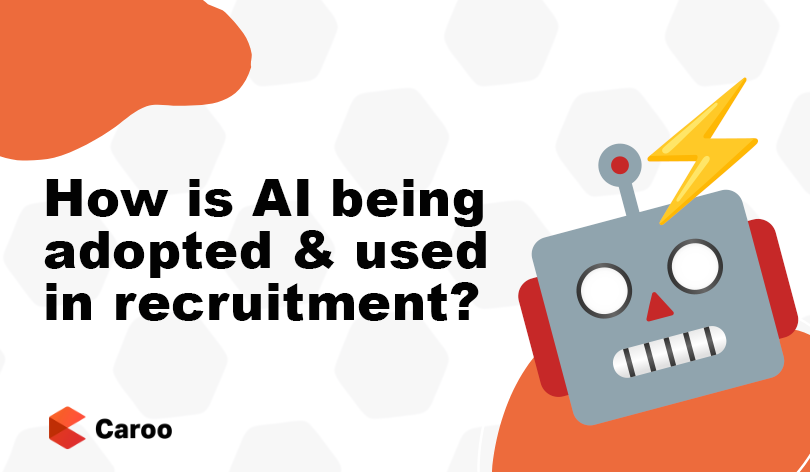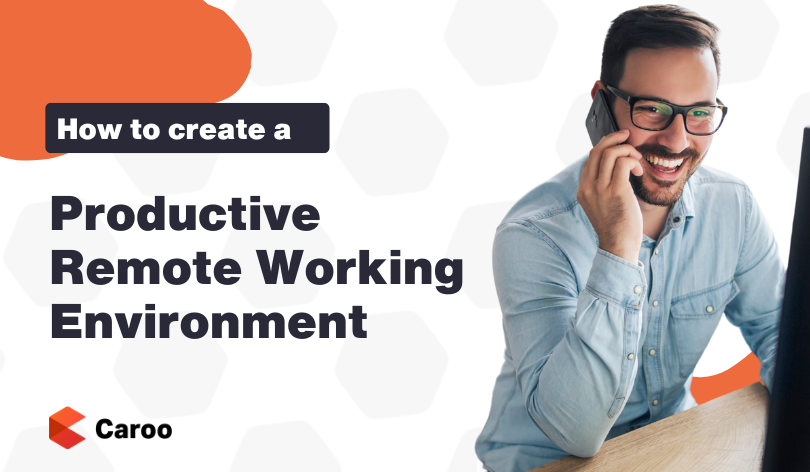Job boards are websites/platforms that act as a centralized hub for job seekers and, alternatively, employers.
These sites allow employers to post job listings and descriptions, while job seekers can search for positions that align with their skills, qualifications, and experience.
Getting started on a job board is straight up and your experience can vary depending on whether you’re looking for a job or trying to recruit for one.
What is a job board & why do people use them?
Job boards are websites/platforms that act as a centralized hub for job seekers and, alternatively, employers.
These sites allow employers to post job listings and descriptions, while job seekers can search for positions that align with their skills, qualifications, and experience.
Getting started on a job board is straight up and your experience can vary depending on whether you’re looking for a job or trying to recruit for one.

For employers, job boards offer a convenient and cost-effective means of reaching a wide pool of potential candidates.
Posting job listings on these platforms allows employers to showcase the role they’re hiring for and in turn, attract qualified applicants.
It doesn’t stop there, though.
Adding to the core functionality, a large portion of these platforms provide additional features like applicant tracking systems and candidate screening tools, essentially streamlining the recruitment process.
Most of these tools are free to access, however, a limited portion of job boards offer sponsorship which enable you to drive traffic to your job listings, giving you access to a larger talent pool.
How do I find candidates using a job board?
Posting job listings
The most common method is for employers to create detailed job listings on job boards.
Obviously, the better the quality of the listing the higher the chance you have of quality candidates.
These listings typically include information like:
- Job title.
- Responsibilities & direct reports.
- Required experience & qualifications.
- Salary & benefits.
- Locational requirements (whether the role is remote, hybrid or on-site permanently.)
- Role type (whether it’s permanent, contract or part time.)
- How to apply & what the hiring process looks like.
Using targeted advertisements
Some job boards offer advertising options that allow employers to promote their job listings to a broader audience.
By using targeted advertisements, employers can reach candidates who may not have actively searched for jobs but have relevant qualifications and interests.
These advertisements can appear as banner ads, sponsored job listings, or featured placements on the job board’s homepage, increasing the visibility of the vacancy.
Use an ATS (Applicant Tracking System)
Many job boards integrate with applicant tracking systems, which automate and streamline the hiring process.
Employers can use ATS features to manage and organize applications received through job boards, track candidate progress, and communicate with applicants.
ATS tools can help employers efficiently review resumes, schedule interviews, and collaborate with hiring teams, enhancing the sourcing and selection process.
You can also implement & automate other processes like interview follow ups (using interview follow up templates) and much more.
Engaging with the job board community
Job boards often have built-in communities or forums where job seekers can interact and seek advice.
This approach helps employers establish their brand presence, showcase company culture, and build better relationships.
Can I get CVs from a Job Board?
Yes, many job boards offer the option to search and access resumes or CVs of job seekers. When using job boards to find CVs, employers can benefit from the vast pool of talent available on these platforms.
Here’s how you can use job boards to find CVs:
Resume Databases
Job boards often maintain extensive databases of resumes uploaded by job seekers. Employers can search these databases using various filters such as job title, skills, location, experience level, and education.
By using relevant keywords and filters, employers can narrow down the search and find CVs that match their specific requirements.
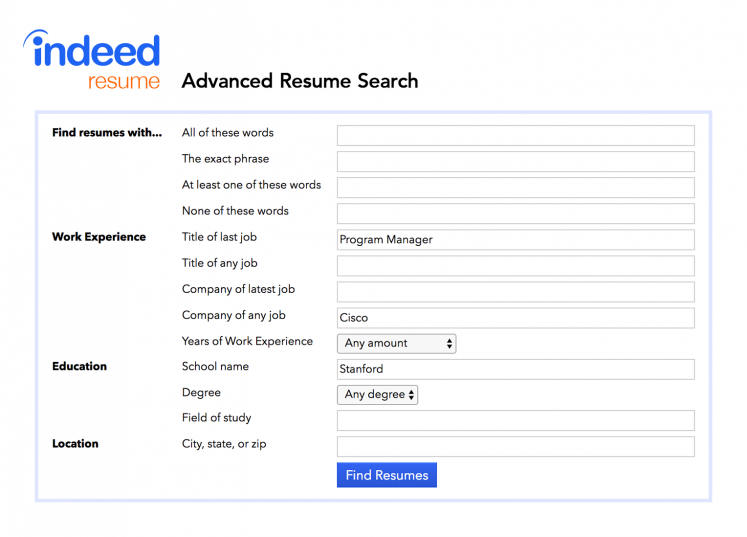
Advanced Search Options
Job boards typically provide advanced search options that allow employers to conduct more refined searches.
These options may include Boolean search capabilities, which enable employers to use logical operators (such as “AND,” “OR,” and “NOT”) to combine or exclude specific search terms.
Advanced search options can help employers find CVs that meet their precise criteria.
Saved Searches & Alerts
Job boards often offer features that allow employers to save their search criteria and set up alerts.
By saving a search query, employers can quickly access it later without having to re-enter the search parameters.
They can also choose to receive email notifications or alerts whenever new resumes matching their criteria are added to the job board’s database.
This feature ensures that employers stay up to date with potential candidates.
Candidate Profiles
In addition to CVs, many job boards provide candidate profiles that contain additional information about job seekers.
These profiles may include details such as work experience, education, skills, and any additional documents the job seeker has uploaded.
Employers can review candidate profiles to get a comprehensive understanding of a candidate’s qualifications and background before reaching out.
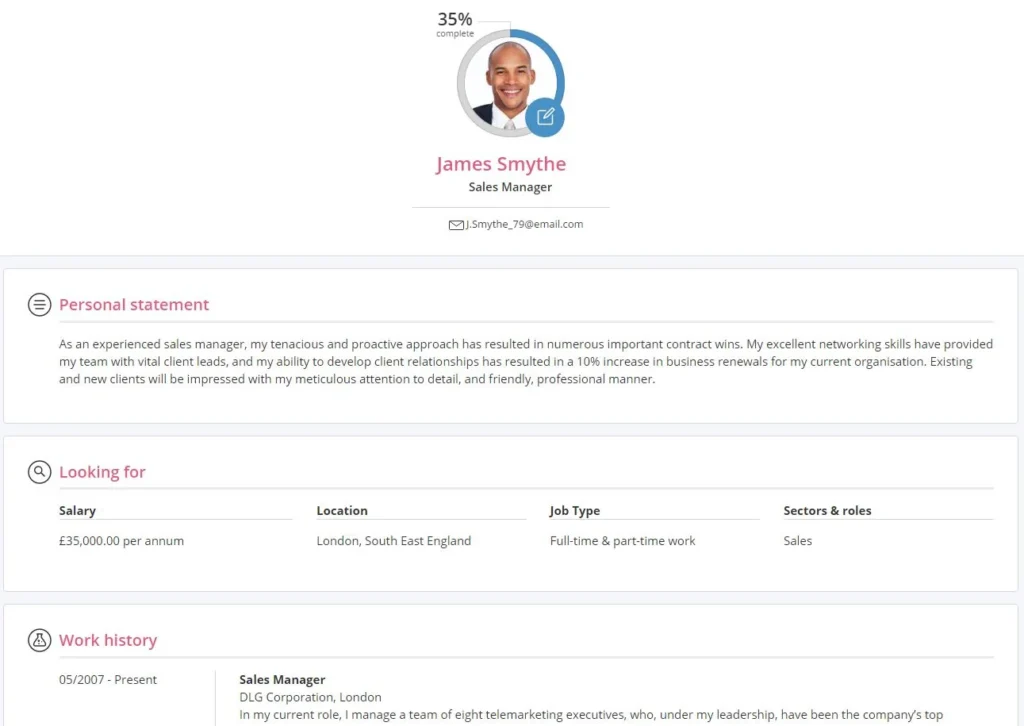
How much does a job board cost?
The cost of job boards can vary significantly depending on factors such as the platform, the level of service or features offered.
Here are some key points to consider regarding the cost of job boards and why they can sometimes be expensive:
Pricing models:
Job boards typically offer different pricing models to cater to the needs of employers.
These models may include options such as pay-per-post, monthly or annual subscriptions, or a combination of both.
Pay-per-post models charge employers for each job listing they publish on the job board, while subscription models provide unlimited access to posting jobs within a certain timeframe.
Reach & Popularity
Well-established and widely recognized job boards tend to have a larger user base and reach, which can influence their pricing.
Job boards that have built a strong reputation and attract a significant number of job seekers often charge higher fees to employers due to the value they offer in terms of exposure to a larger talent pool.
The more popular a job board is, the higher the demand from employers, and therefore, the higher the cost can be.
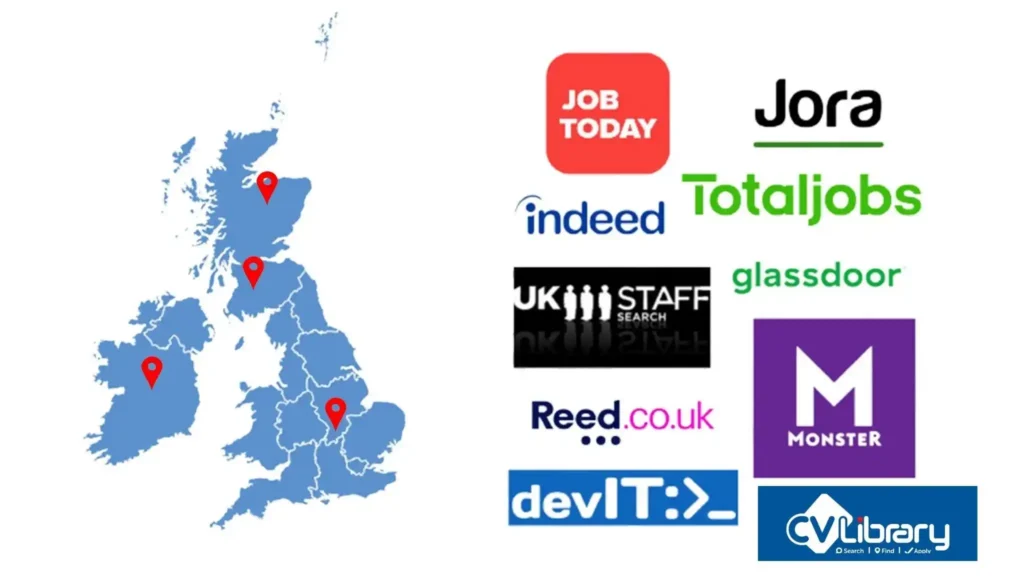
Niche or Specialist Job Boards
Some job boards focus on specific industries, professions, or geographic regions, catering to a more targeted audience.
These specialized job boards can be particularly useful for employers looking for candidates with specific skill sets or qualifications.
However, due to their focused nature and the potential for a smaller audience, they may have higher costs compared to more general job boards.
Additional Services & Features
Job boards may offer additional services and features beyond basic job listings.
These can include applicant tracking systems (ATS), candidate screening tools, access to resume databases, analytics and reporting, and enhanced visibility options.
Branding & Employer Reputation
Job boards may offer additional services and features beyond basic job listings.
These can include aSome job boards offer employer branding opportunities, allowing companies to showcase their brand and stand out from competitors.pplicant tracking systems (ATS), candidate screening tools, access to resume databases, analytics and reporting, and enhanced visibility options.
Are job boards worth the money?
It’s important to note that while job boards can be a valuable resource for recruitment, employers should consider their specific hiring needs, budget, and the potential return on investment (ROI) when evaluating the cost of job board services.
It can be beneficial to explore multiple job boards and compare their pricing, features, and user demographics to determine the best fit for your recruitment strategy and budget.
What is the best job board?
Some of the best job boards in the UK offer employers a more affordable alternative to recruitment agencies. Many sites have reduced rates on subscription plans, whilst others offer free job postings altogether.
Combine this with the vast pool of talent you might find online, and it’s not hard to see why hiring managers often ditch pricey recruiters for a more DIY approach!
That said, it’s not all sunshine and rainbows.
As with most things in life, job sites for recruitment come with their own drawbacks. It’s a case of comparing the pros and cons of job boards to find out which one is best for your business..
With so many options out there, it can be difficult to pinpoint the best job boards for your hiring needs.
Here are some of the most popular job boards out there right now:
- Indeed
- Glassdoor
- Monster.co.uk
- Adzuna
- LinkedIn Jobs
- Totaljobs
- Google for Jobs
- CV-Library
- Reed.co.uk
